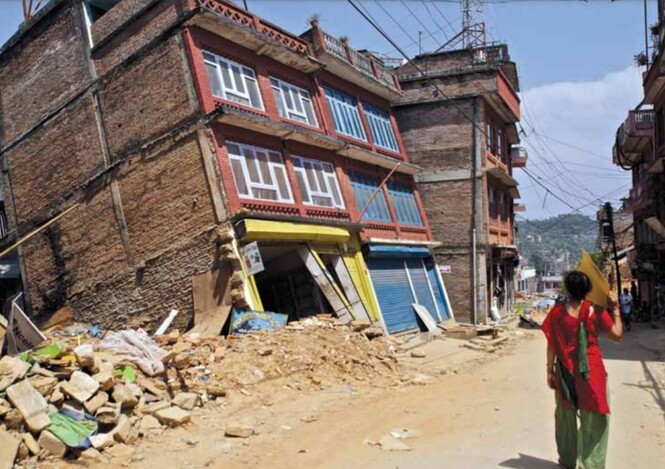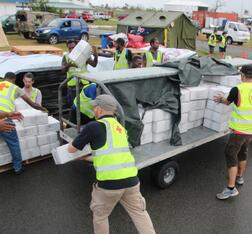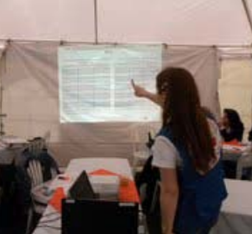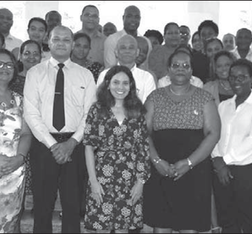
With the adoption of the Sendai Framework for Disaster Risk Reduction in March, countries are starting to develop their plans for implementing their commitments under this agreement – including through reviewing their relevant legal and regulatory frameworks. To support them in these efforts, the IFRC and UNDP have been working on a Checklist on Law and Disaster Risk Reduction (the Checklist) as a tool to guide a legislative assessment process. Through a simple 10 question process, the Checklist is designed to provide guidance to lawmakers, implementing officials and those supporting them, on what to consider to ensure that their laws are providing the best support for disaster risk reduction.
Discussions on the style and content of the Checklist first started in 2012 through 10 consultation workshops at global and regional levels. The pilot version of the Checklist was then released in Sendai at the World Conference for Disaster Risk Reduction. Since that time, further consultations have been held, additional research has been conducted on legislative review processes, and feedback has been gathered from countries who decided to put the Checklist to the test within their own national contexts.
In Nigeria, Armenia and Italy, for example, workshops were organised to conduct an assessment of their legal frameworks according to the Checklist questions. Participants from a range of different government departments and sectors were brought together to debate and decide how their laws fared against the benchmarks set by the Checklist, and to provide feedback on the Checklist as a tool itself. For many, this was a revealing exercise. One participant in the Nigeria workshop remarked, “This has opened our eyes. I never realised there were so many legal elements to DRR.” Another participant from the Armenia workshop remarked that the Checklist is “a great tool for ‘measuring temperature’ of the legal field with regard to DRR related issues. It is also a good tool for organizing a facilitated dialogue among stakeholders and providing a strong starting point for future policy development and advocacy work.”
In addition to being used as a tool to guide multi-stakeholder discussions, other countries have started to use the Checklist to guide in-depth research and review process of their legal frameworks. The Cook Islands Red Cross, for example, has just completed a research report, analysing the law and regulations of the Cook Islands according to the Checklist questions, and has conducted community consultations and a stakeholder workshop to solicit the views and comments of practitioners on the findings of the research. These processes revealed the need to amend their Disaster Risk Management Act as well as legislation concerning the environment and construction. A similar process is now underway in Indonesia, where the Checklist will play an important role in a longer term ‘roadmap’ for Indonesia to improve their legal and policy frameworks for disaster risk management.
Building upon these valuable national experiences, the Checklist has now been updated in a final form to be presented for consideration at the 32nd International Conference of the Red Cross and Red Crescent in December this year. At the same time, a Handbook on Law and DRR has been developed to provide additional detail on the issues raised in the Checklist, as well as further guidance on the process of legislative review.


